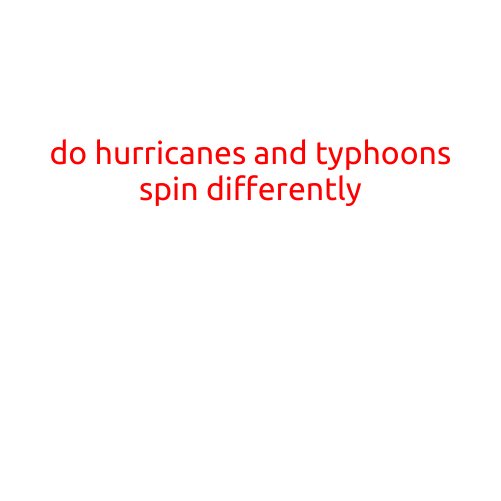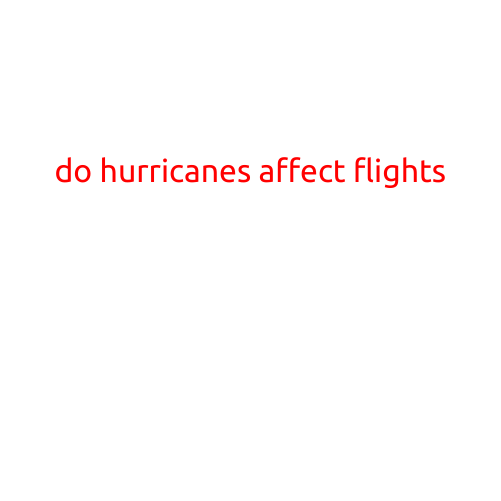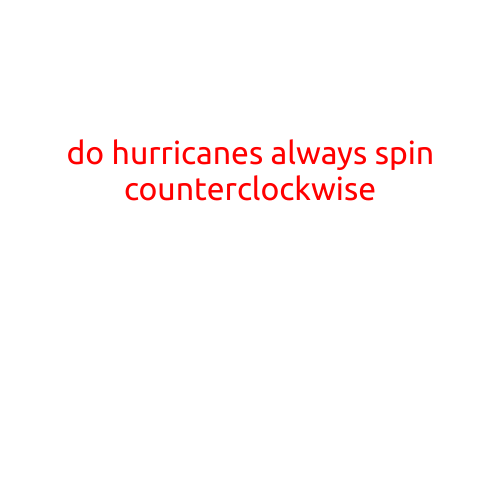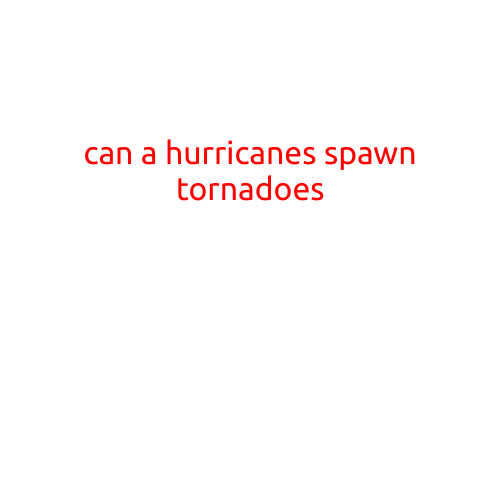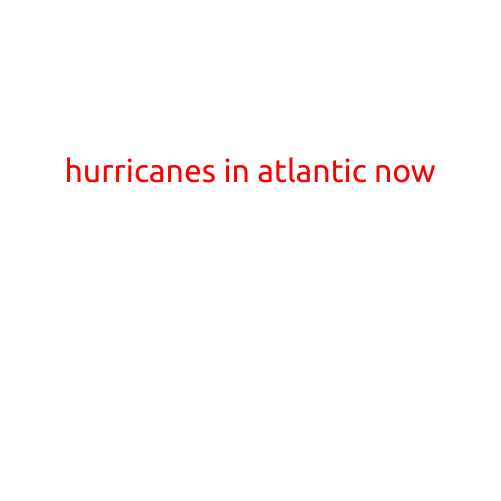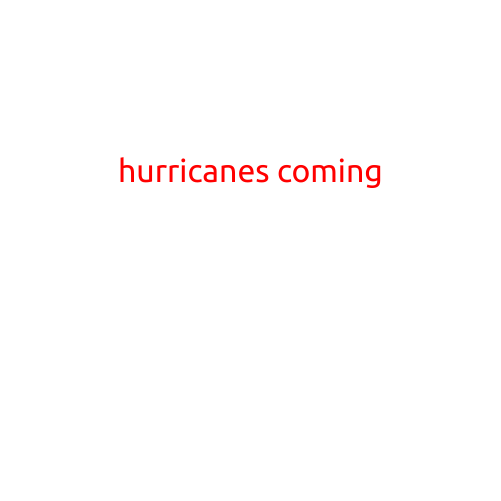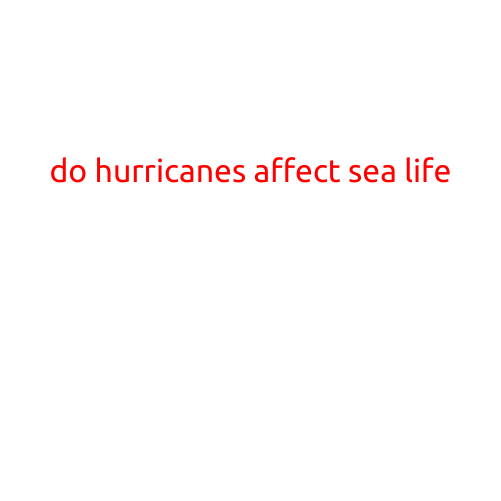
Do Hurricanes Affect Sea Life?
Hurricanes are powerful storms that can bring significant damage and destruction to coastal communities and ecosystems. While the impact of hurricanes on human populations is well-documented, their effect on sea life is often overlooked. In reality, hurricanes can have a profound impact on the delicate balance of marine ecosystems, affecting the lives of countless species that call the ocean home.
Physical Damage and Habitat Destruction
Hurricanes can cause extensive physical damage to marine habitats, including coral reefs, mangroves, and sea grass beds. The strong winds and storm surges associated with hurricanes can uproot trees, knock over coral colonies, and even sweep away entire ecosystems. This destruction can lead to the loss of important habitats for fish, crustaceans, and other marine animals, making it difficult for them to survive.
Disruption of Food Webs
Hurricanes can also disrupt the delicate balance of marine food webs. The destruction of habitats and the displacement of marine animals can have a ripple effect throughout the entire ecosystem, impacting the availability of food for many species. For example, the loss of coral reefs can lead to the decline of fish populations that depend on them for food and shelter.
Impact on Migration and Breeding Patterns
Hurricanes can also affect the migration and breeding patterns of marine animals. For example, hurricanes can disrupt the annual migrations of sea turtles, which are crucial for the survival of these endangered species. Similarly, hurricanes can impact the breeding patterns of fish, causing them to alter their usual habitats and behaviors in response to the storm.
Impact on Marine Mammals
Hurricanes can have a significant impact on marine mammals, such as dolphins and whales. The strong winds and storm surges associated with hurricanes can cause marine mammals to become disoriented and stranded on beaches or in shallow water. In some cases, hurricanes can even lead to the death of marine mammals, particularly those that are already vulnerable to other threats such as pollution and overfishing.
Long-Term Consequences
The impact of hurricanes on sea life is not limited to the immediate aftermath of the storm. Hurricanes can have long-term consequences for marine ecosystems, including changes to water quality, increased erosion, and altered sedimentation patterns. These changes can have a lasting impact on the health and resilience of marine ecosystems, making them more vulnerable to future disturbances.
Conservation Efforts
In recognition of the impact of hurricanes on sea life, conservation efforts are underway to protect and restore marine ecosystems. For example, the National Oceanic and Atmospheric Administration (NOAA) is working to restore damaged coral reefs and mangrove habitats in the aftermath of hurricanes. Similarly, organizations such as the Ocean Conservancy are prioritizing conservation efforts focused on protecting marine mammals and other species affected by hurricanes.
Conclusion
In conclusion, hurricanes can have a profound impact on sea life, affecting the physical habitats, food webs, and migration patterns of countless marine animals. As we continue to experience more frequent and intense hurricanes in the future, it is essential that we prioritize conservation efforts to protect and restore marine ecosystems. By working together to mitigate the impact of hurricanes on sea life, we can help ensure the long-term health and resilience of our planet’s precious marine ecosystems.
